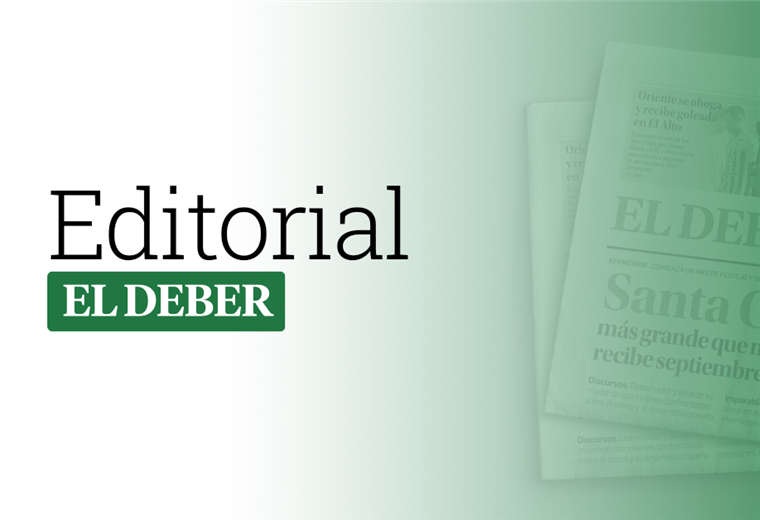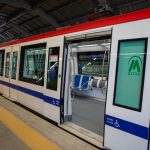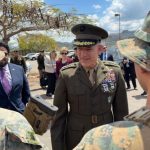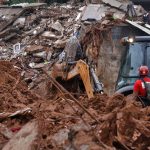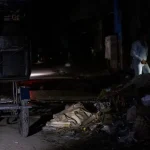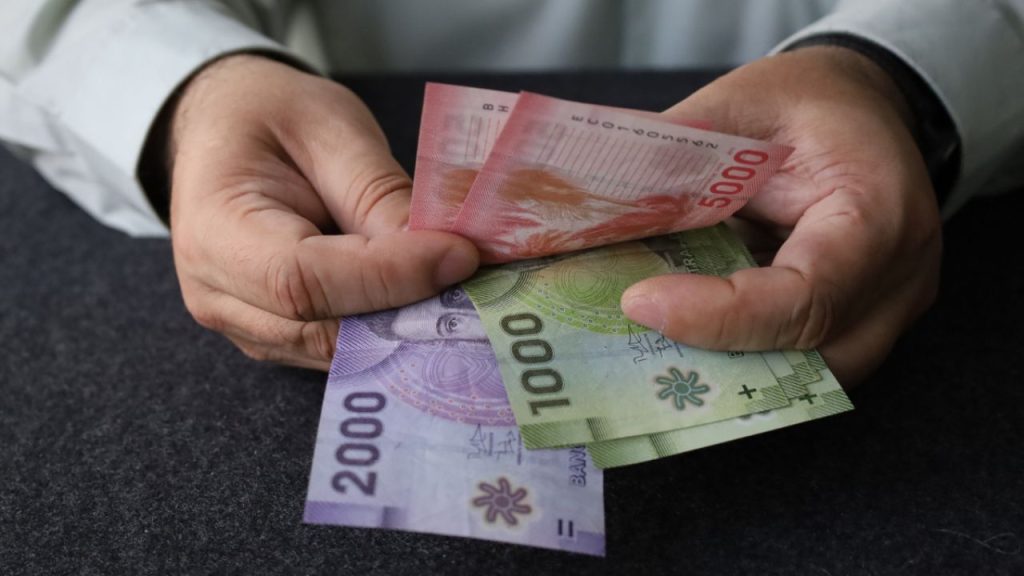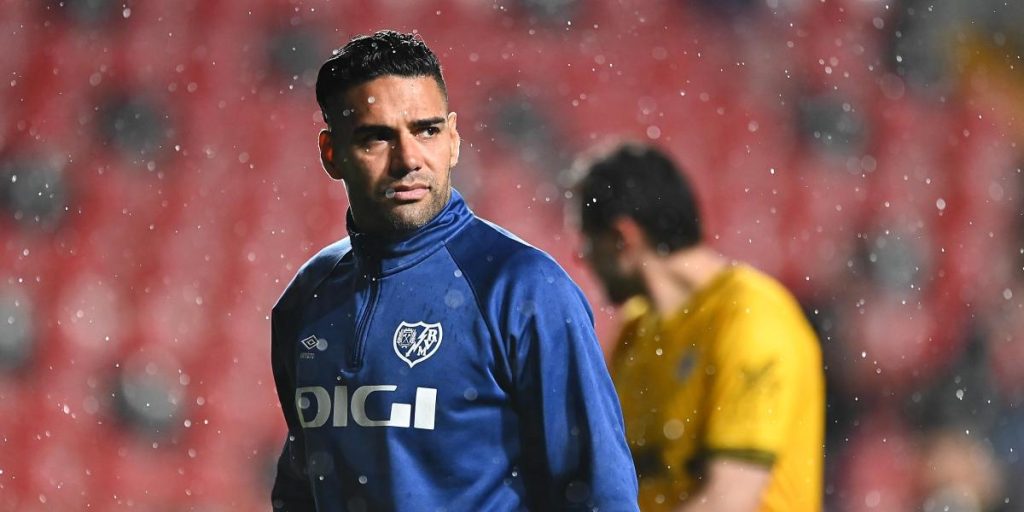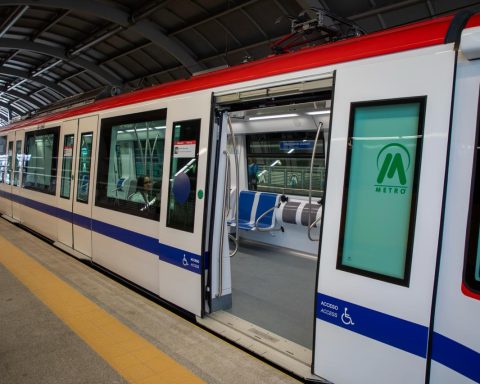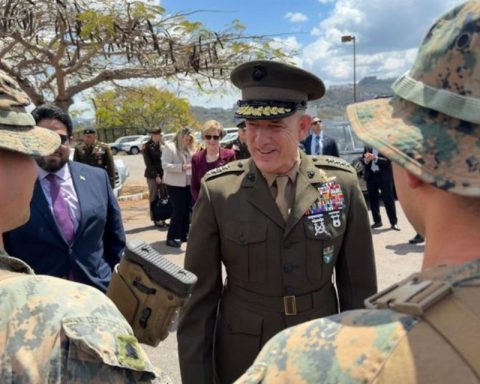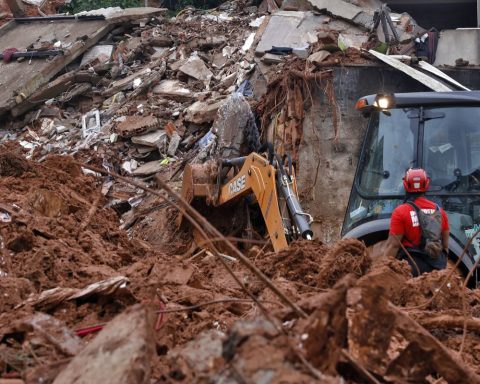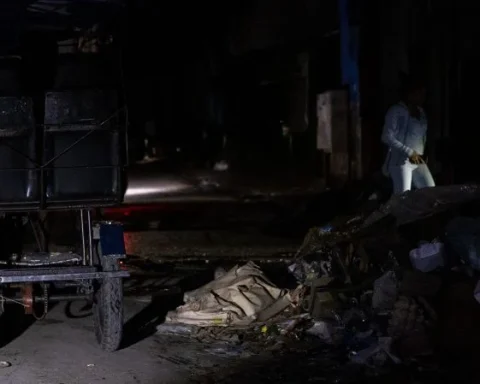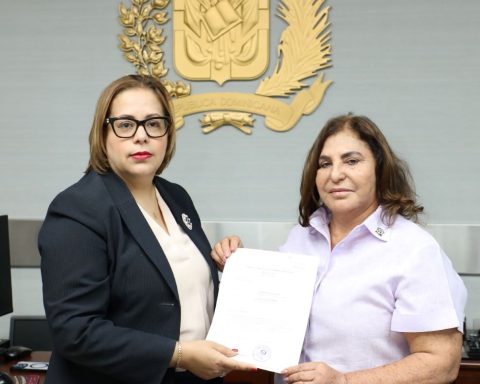May 21, 2024, 4:00 AM
May 21, 2024, 4:00 AM
In 2000, at the dawn of the 21st century, the peasant leader Felipe Quispe directed one of the largest road blockades, called “Plan Flea.” At that time, President Hugo Banzer Suárez failed in his attempt to restore order with the dictation of a State of Siege, and after tense weeks of conflict, the president gave in to pressure and signed 22 supreme decrees that responded to the demands peasants. At this point, that is a very serious precedent for the effectiveness of blockades. In the following years, the then coca leader Evo Morales ordered blockades on the Cochabamba-Santa Cruz highway, as many times as he wanted and could. In 2003, a forceful blockade in El Alto that resulted in the death of 70 people, caused the fall of Gonzalo Sánchez de Lozada.
In 2016, a blockade of mining cooperative members led to the murder of the Vice Minister of the Interior Regime, Rodolfo Illanes. In 2019, the so-called “pititas blockade” buried the re-election efforts of Evo Morales. In 2020, in the middle of the pandemic, those close to Evo carried out the so-called “oxygen blockade” that prevented prompt care for patients with Covid who cried out for solidarity and, in response, received stones on the road and died because the oxygen they needed got stuck on some road.
Finally, in 2022, Santa Cruz citizens came out to block streets and highways for the prompt completion of the Population and Housing Census. The Government of Luis Arce responded by blocking exports and the normal distribution of fuel.
Today, in May 2024, Bolivia is once again suffering a wave of blockades. This time it is the heavy transporters and merchants protesting against the diesel shortage and the lack of dollars. A couple of weeks before there were blockades against the decree restructuring Real Rights and much earlier, against the illegitimate extension of the mandate of the high judicial authorities.
And if we are talking about recounts, in Bolivia the word “blockade” is enough to write a historical encyclopedia that, with certainty, will portray in full length a people who did not hesitate for a moment to destroy their roads, affecting their fragile infrastructure a thousand times over. economy and even sacrificing lives to impose their own agendas or sectarian interests.
The damage is immeasurable. Governments have often shown macroeconomic statistics on the consequences of each pressure measure, but the damage is far greater than what official speeches reflect, which, furthermore, always show only one side of the coin.
At this point, and after so much damage, it is clear that there is no measure of pressure more undemocratic and perverse than blocking roads, but, paradoxically, it is effective because given the severity of the crises, presidents and ministers end up submitting to the agenda imposed by pressure groups.
The question is: why does dialogue arise only after blockades? What kind of reasoning do the authorities have for taking measures without consultation and then going back with all kinds of concessions? To what extent can the country tolerate so much arbitrariness?
It is illogical to live in a democracy and, at the same time, make the blockade a routine practice; Just as it is also inadmissible to have national or local leaders incapable of listening to or addressing sectoral demands and, in many cases, it is painful to have officials in charge without sufficient morale to face a social conflict.
Sooner or later, the tons of debris dumped on the roads are removed with heavy machinery, but who can unlock common sense, empathy and tolerance? In this area, Bolivian society is becoming indebted to itself.
